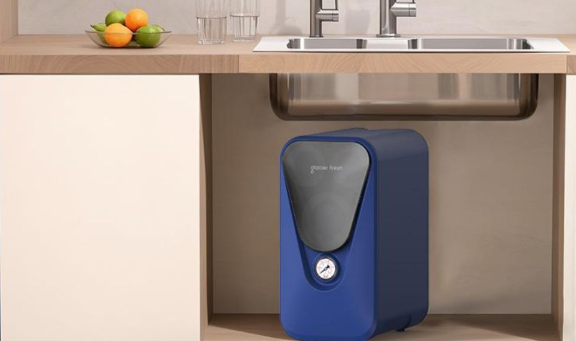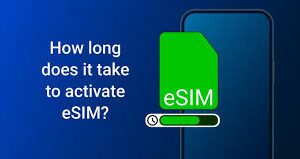When it comes to choosing clean, healthy water for you and your family, there’s often a debate between two popular options: reverse osmosis (RO) water and alkaline water. But what if you could enjoy the benefits of both? Let’s explore whether it’s possible—and smart—to combine these two systems for better drinking water, even in your home or RV.
What Is Reverse Osmosis Water and How Does It Work?
Reverse osmosis is a highly effective filtration process that forces water through a semipermeable membrane, removing up to 99% of contaminants like lead, chlorine, fluoride, bacteria, and even microplastics.
A reverse osmosis water filter system is commonly used in homes to ensure ultra-clean drinking water. However, because it strips out nearly all minerals, the resulting water tends to be slightly acidic and “flat” in taste. This leads many to wonder if adding alkalinity back in might improve both flavor and health benefits.
What Is Alkaline Water and Why Do People Drink It?
Alkaline water refers to water with a pH above 7, often between 8 and 9. It typically contains dissolved minerals like calcium, magnesium, and potassium that give it a smoother taste and potential health benefits.
Supporters of alkaline water claim it can help:
- Neutralize acidity in the body
- Improve hydration
- Aid digestion
- Boost energy
It’s commonly produced via electrolysis machines, mineral cartridges, or naturally sourced from mineral-rich springs. But can you make your RO water alkaline? Yes—and here’s how.
Can You Combine Reverse Osmosis and Alkaline Water?
Absolutely. In fact, combining the two has become a popular solution for people who want both purity and a balanced pH level.
Since RO water is ultra-pure but mineral-free, the most common approach is to remineralize it after filtration. This is usually done with a post-filter—often called a remineralization or alkaline filter—that adds healthy minerals back into the water, raising its pH.
Some households even connect their reverse osmosis water filter to an alkaline water ionizer to achieve precise control over pH and mineral content. It’s a best-of-both-worlds approach: clean water with a refreshing taste and possible wellness perks.
What Are the Pros and Cons of Combining Both Systems?
Pros:
- Cleaner water: RO removes almost all contaminants, making it a reliable first step.
- Better taste: Adding minerals can make water taste less flat.
- Health support: Alkaline minerals may support your body’s pH balance and hydration.
- Flexible setups: Great for both households and mobile living, especially with an RV water filter that includes RO and alkaline stages.
Cons:
- Higher cost: Buying both systems—or a combo unit—can be expensive.
- More maintenance: You’ll need to track filter changes for both the RO system and the alkalizer.
- Unregulated claims: While many swear by alkaline water, its benefits haven’t been fully confirmed by science.
What Are Your Options If You Want Both RO and Alkaline Water?
There are a few practical ways to enjoy RO and alkaline water at the same time:
- Reverse Osmosis System + Alkaline Post-Filter
This is the most common option. Many RO systems now offer an add-on alkaline stage that remineralizes water after purification. - Reverse Osmosis + Ionizer Device
After filtering your water with RO, you can run it through an ionizer that uses electrolysis to create alkaline water with a customizable pH. - All-in-One Units
Some high-end filters include RO, remineralization, and even UV sterilization in one compact system—great for kitchens or RVs. - Portable RO with Alkaline Feature for RVs
If you’re traveling, look for a compact RV water filter that includes both RO purification and mineral enrichment. These are ideal for campers and off-grid adventures where water quality may vary.
Summary: Is RO + Alkaline Water Right for You?
If you’re looking for water that’s both clean and refreshing, combining a reverse osmosis water filter with an alkalizing system makes perfect sense. You get the benefits of advanced contaminant removal and the smoother taste of mineral-rich water.
This setup is ideal for:
- People are concerned about water quality
- Those seeking better hydration or pH balance
- Families or RV travelers using an RV water filter that needs to adapt to different water sources
Just make sure to choose a system that fits your needs and includes proper certifications for water safety. With the right tools, you really can enjoy the best of both worlds.



































